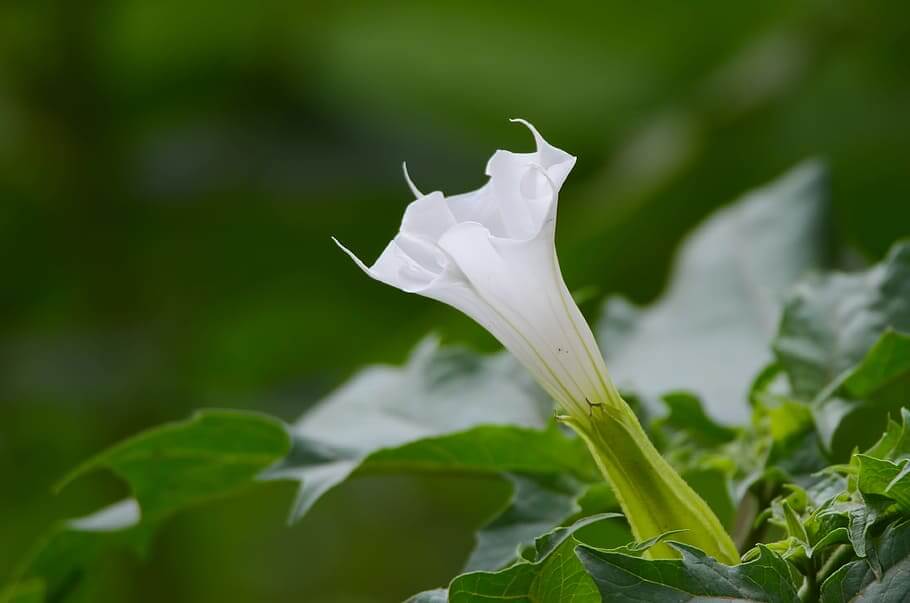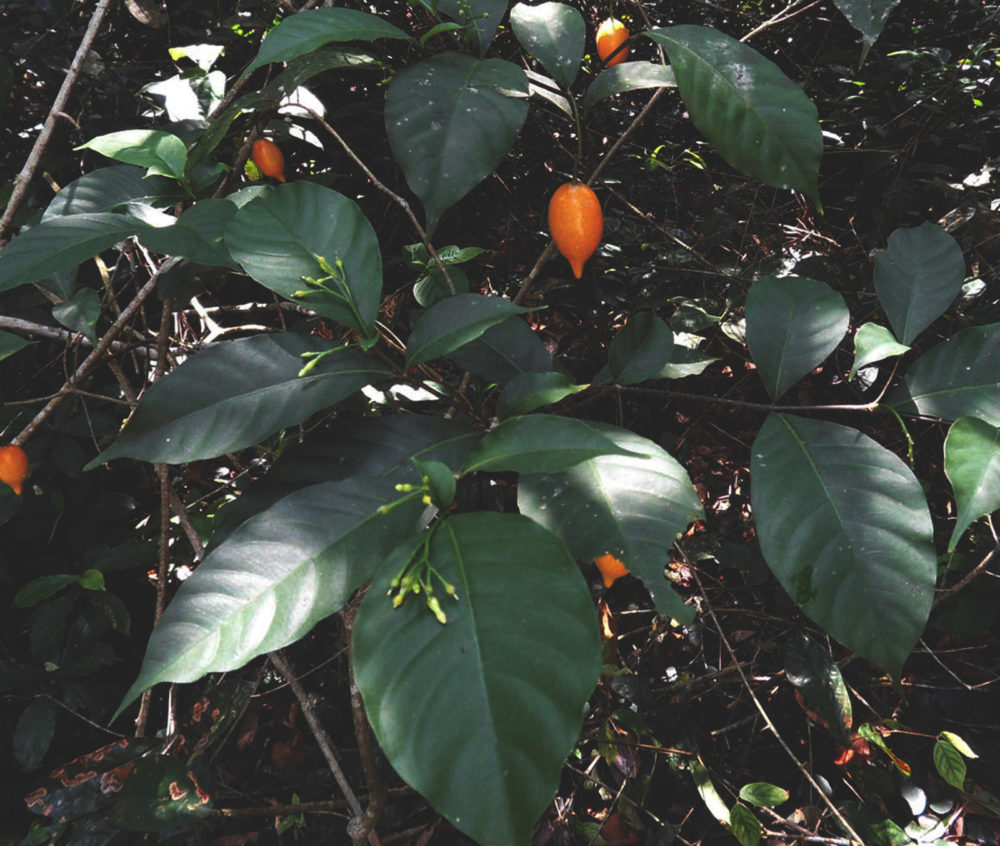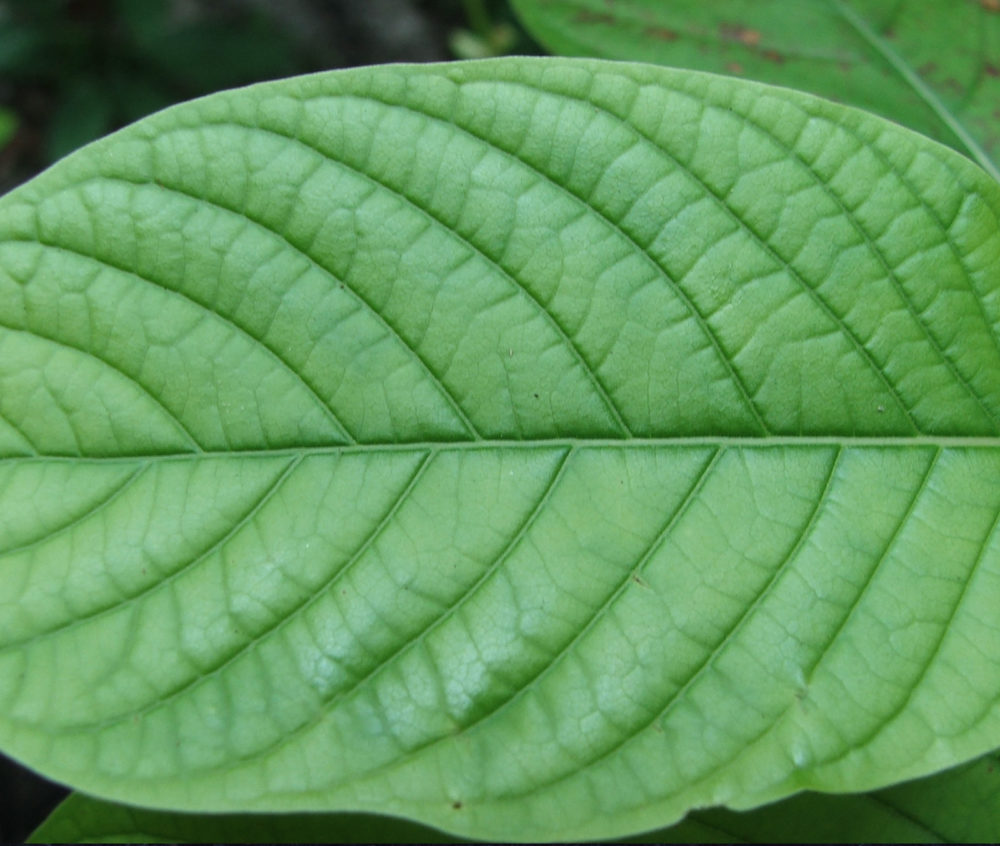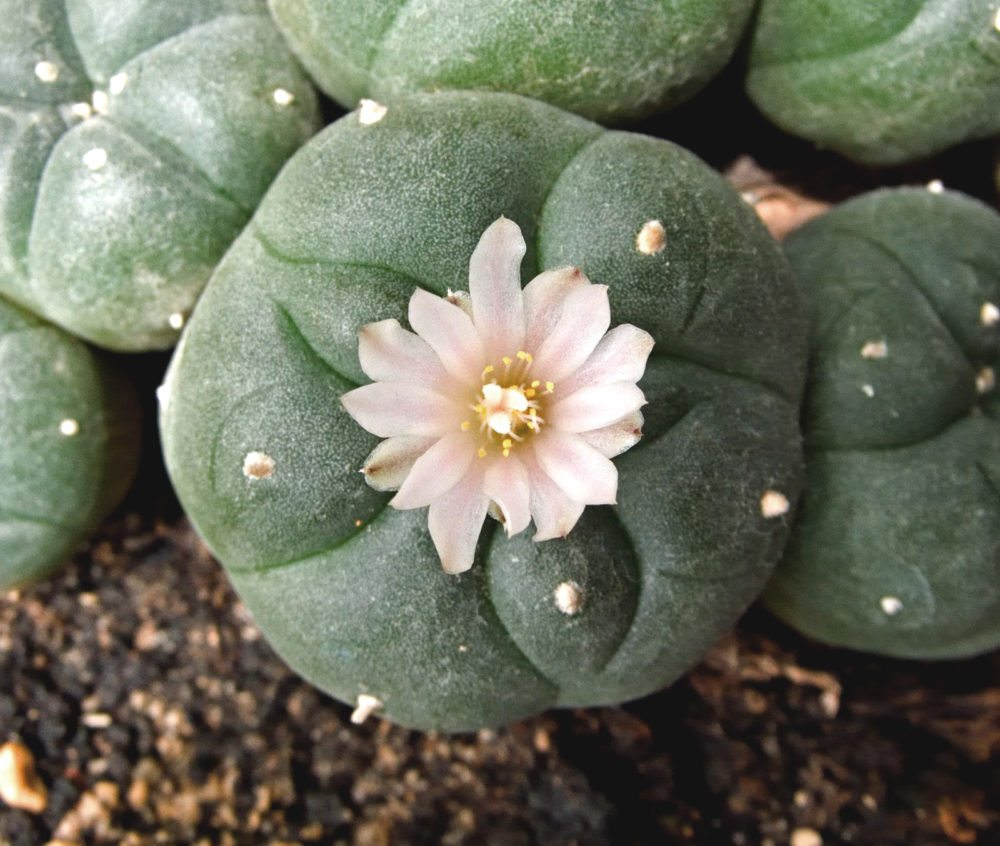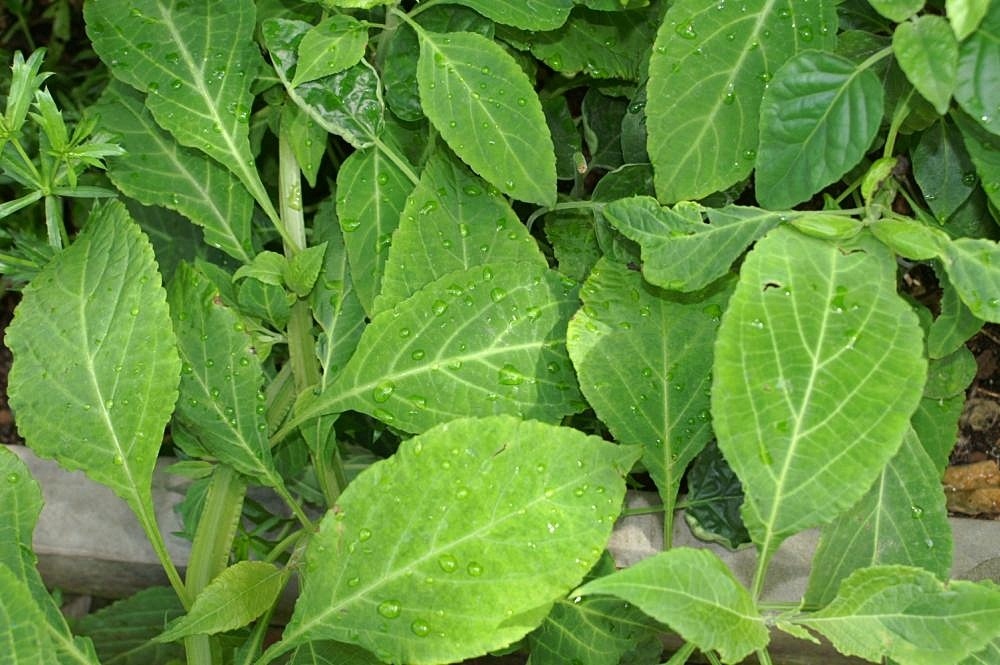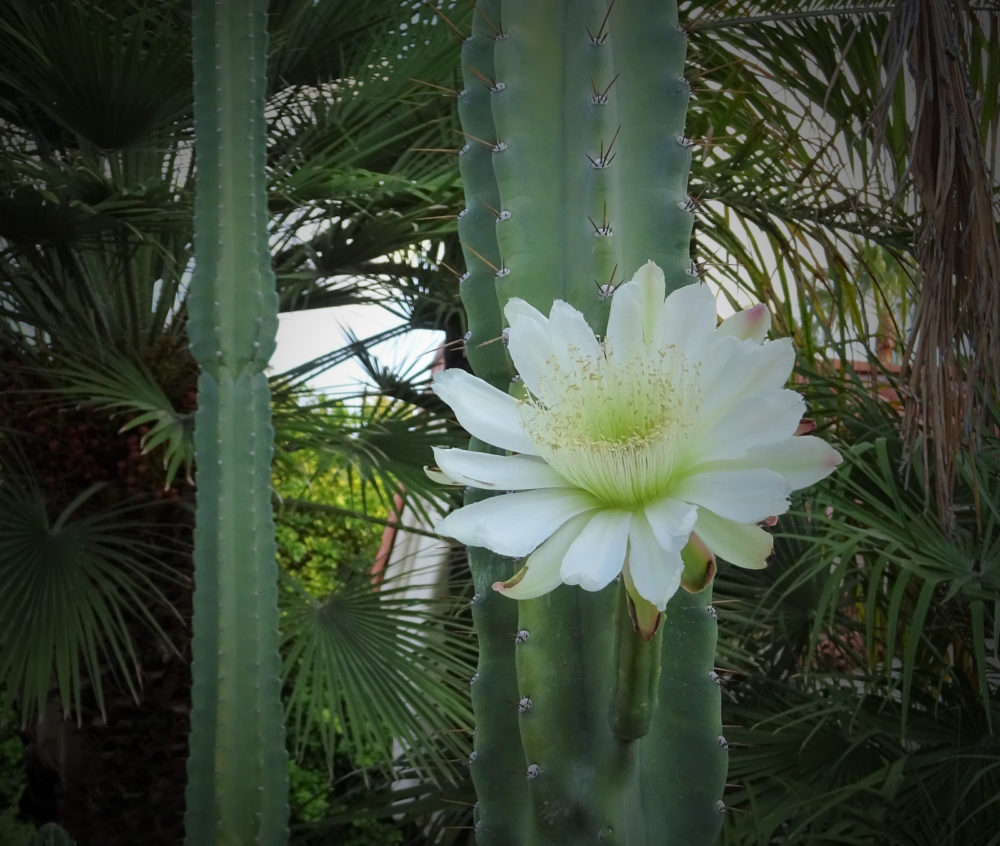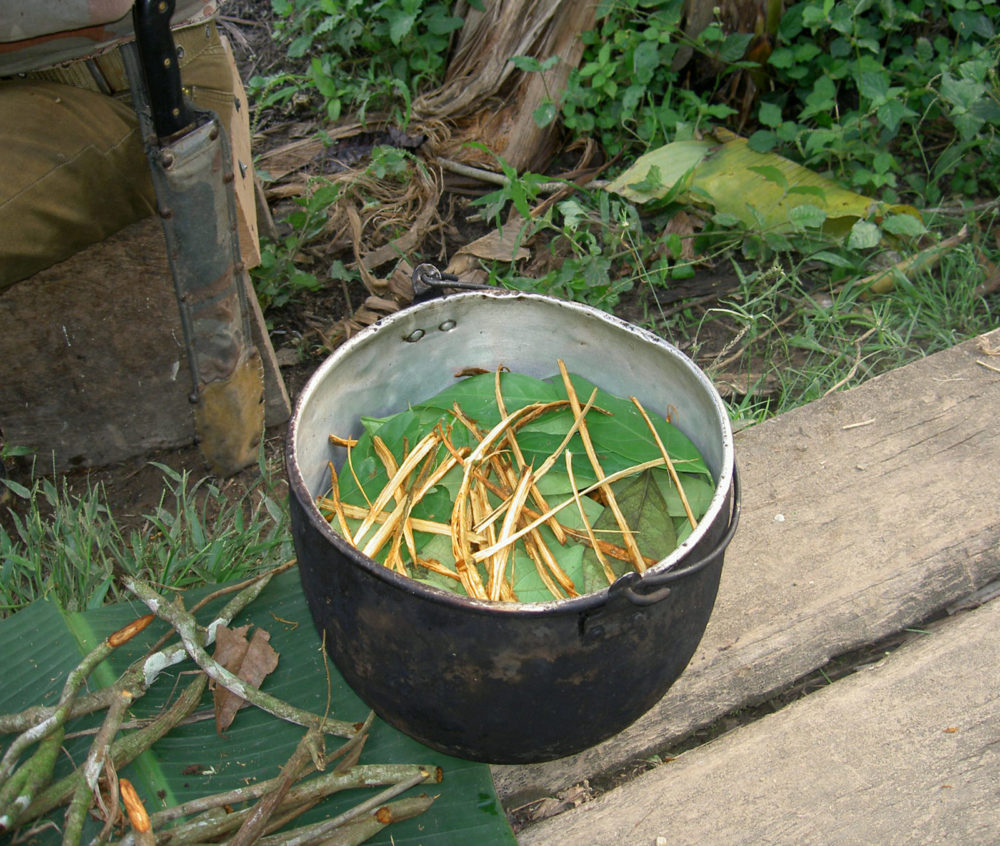
PSYCHEPLANTS
Offering evidence-based information about psychoactive plantsThere is a growing interest in psychoactive plants for personal growth, healing, and spirituality among individuals and health care practitioners.
PsychePlants is dedicated to fostering a greater understanding of their cultural and historical background, current contexts of use, pharmacology, psychological effects, and legality.
PLANTS INFO
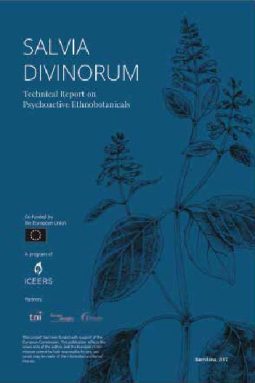
Free Psychoactive Report
A 190-page technical report that provides information about twelve psychedelic plants and fungi. Information covered includes chemical components and methods of use, cultural history, legal and risk reduction information.
PsychePlants is an information hub and e-health platform created by ICEERS for people interested in traditionally used psychoactive plants and fungi, those who use them, and health care professionals.
WHY PSYCHEPLANTS?
For millennia, psychoactive plants and fungi have played a major role in ceremonial practices in indigenous and pre-industrial societies. Today there is a growing interest in these ethnobotanicals for personal growth, healing, and spirituality. Some plant materials are also found as ingredients in ‘legal highs’ that are sold under different brand names in smart shops.
In order for people interested in having experiences with these plants to make responsible decisions, and for health professionals to have the ability to best support them, it’s important to foster greater understand of their cultural/historic background, current contexts of use, pharmacology, psychological effects, and legality. PsychePlants offers evidence-based information and e-health support for the general public, people considering using (or who have used) traditional psychoactive plants, and for health care professionals.
The International Center for Ethnobotanical Education, Research, and Service (ICEERS) is a non-profit organization dedicated to transforming society’s relationship with psychoactive plants. We do this by engaging with some of the fundamental issues resulting from the globalization of ayahuasca, iboga, and other ethnobotanicals.
Vision
We envision a future where psychoactive plant practices are valued and integrated parts of society.
Mission
ICEERS is dedicated to transforming society’s relationship with psychoactive plants. We do so by engaging with some of the fundamental issues resulting from the globalization of ayahuasca, iboga, and other ethnobotanicals
Values
- Environmental sustainability
- Honoring cultural diversity
- Respect for indigenous and spiritual traditions
- Human rights approach
- Transparency and integrity
- Evidence-based decision making
- Reducing risks and harms, and maximizing benefits
- Respectful, engaged, and collaborative relationships






